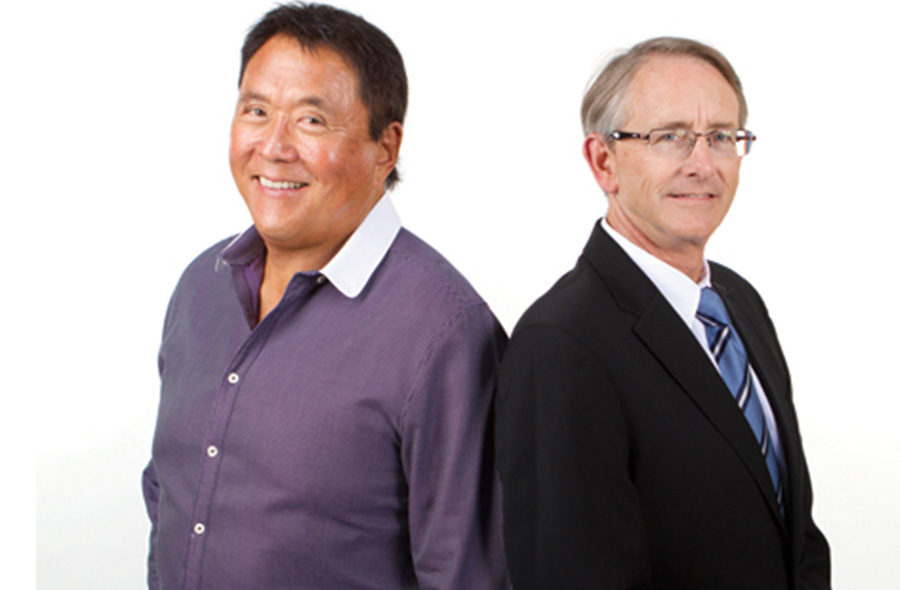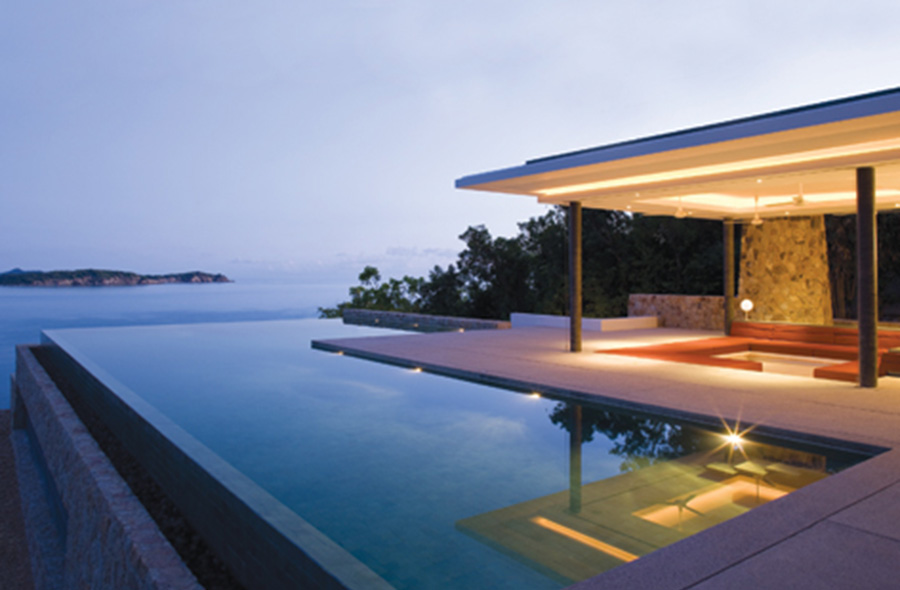
As this global financial crisis stagnates, a crisis is created by predators rising from the swamp. As we all know, “Desperate people do desperate things.”
Financial predators do not target only the rich. There are predators for every financial class:
The Poor:
The poor prey upon the poor. Homeless people do not fear the rich. They fear other homeless people. In poor neighborhoods, neighbors fear neighbors.
The Middle Class:
The middle class preys upon the middle class. For example, the middle class are often ripped off by a stock broker needing to make a quick commission, a retailer who needs to move old merchandise, or a used car salesman who puts lipstick on a pig.
The Rich:
The rich prey on the rich. Lawyers often say, “Litigation is the sport of kings.” Litigation is not about who is right or wrong. Litigation is “survival of the richest.”
We live in the most litigious society on earth, which is why one of my most valued advisors in asset protection is attorney Garrett Sutton.
Sutton:
You are absolutely correct on this point, Robert. It is clear that a certain percentage of these lawsuits are based on nothing more than an attempt by one party to generate a financial windfall from a targeted defendant. It is in this milieu that the predators operate. To help combat such legally permitted takings, the concept of Asset Protection, the legal techniques of protecting one’s assets from predators, was born. Asset protection is based on the principle that since assets held in your name (minus a few exceptions) can easily be seized by a judgment creditor, assets not held directly in your name (but rather in select limited liability entities) are better protected. The laws of several states in the U.S. offer excellent protections from predators.
By using asset protection techniques, you are placing roadblocks in front of the predators. Some of these roadblocks are very real, and some are perceived. However they arise, the more roadblocks the better.
Kiyosaki:
I can’t tell you how many people have said to me, “All you need is insurance.” That is what the poor and middle class think: A one-size-fits-all insurance policy is all you need. Is insurance really enough?
Sutton:
Insurance is never enough. Of course, as part of your overall protection strategy, you are going to want to have insurance. The first line of defense is a good insurance policy. I always suggest that my clients obtain an umbrella insurance policy which extends past their regular home and auto policy to other areas of risk.
But then again, insurance companies have an economic incentive not to cover every claim. This is why asset protection and limited liability entities are the second line of defense. If your insurance does not cover you, you need to have your asset protection road blocks in place. After you’ve been sued, it’s too late to either get insurance or set up your asset protection plan. You need to be protected from day one.
To those who have heard (probably from an insurance agent) that you only need insurance and not asset protection: Beware! If you haven’t set up the second line of defense and your insurance doesn’t cover the full amount of the claim, you are classically unprotected. A $5 million jury verdict and a $2 million insurance policy means that the predators are going to come after you for the remaining $3 million. Will they get at it easily because everything is in your individual name? Or will they struggle (and eventually give up or settle for pennies on the dollar) because you are protected with limited liability companies (or LLCs), corporations, and an irrevocable trust?
It is your decision to make. But with all due respect to the excellent insurance executives out there who work to minimize their clients’ risk, please do not base your decisions about the law of asset protection on the salesmanship of an insurance agent working on commission. There is so much more to asset protection planning than the statement, “You don’t need it because you have insurance.”

Kiyosaki:
Like many newlyweds, my wife Kim and I started with nothing, but had big plans. As our wealth grew via our business and real estate investments, we began hearing about “asset protection” from seminars we would attend. The problem is, we did nothing.
One day, a tenant from one of our apartment houses knocked on our door. He was tired of talking to our property manager and came straight to our home. His child had tripped on the sidewalk of the apartment house we owned (in our name) and he wanted us to pay the medical expenses. And we did.
That incident with the tenant reminded us that we were no longer poor or middle class. If we had not taken action years ago and put in place our asset protection structures, my wife and I could have lost everything.
It is one problem to be rich. It is an additional problem to be rich and relatively famous. After Rich Dad Poor Dad became a New York Times and international bestseller for over a decade, we became bigger targets for predators.
It is very difficult to avoid being a target these days.
Sutton:
On this point I disagree, Robert. By using the right combination of asset protection and privacy strategies, we can minimize your exposure. First of all, if assets are in your individual name, you are much more of a target for the predators. Why? Because they can easily reach your assets held in your name. And you should know that a living trust offers no asset protection. Despite the claims of some living trust promoters, your assets in a living trust are just as exposed to predators as those in your individual name. This is the truth in all 50 states.
There are two types of attacks. If a tenant falls and sues you over your real estate, that is called an inside attack. Their claim allows them to reach the holder of the real estate. If that is you as an individual (or your living trust) they can get not only the real estate in your name but everything else held in your name. Yes, everything! If, instead, the real estate is in an LLC, they can get an equity in the property (if your insurance doesn’t fully cover the claim) but they can’t get beyond the LLC. You’ve sealed off any further attacks against other assets.
Next is the outside attack. If you get sued for a car wreck, for example, this is called an outside attack. It has nothing to do with your real estate or other assets. The predator gets a judgment and wants to reach what you own, if their claim exceeds the insurance coverage.
If your real estate and brokerage assets are held in LLCs (even more so than corporations) you are going to present a challenge for them. By using strong asset protection like they have in states like Wyoming and Nevada, you will find that a judgment creditor (read: the predator) is only entitled to the charging order remedy. This means they can’t force a sale of the asset but can only receive any distributions from the LLC you may make. What if no distributions are made? Then they wait. And most contingency-fee attorneys (whereby the attorney only collects when they receive money) do not like to wait. They want the quick insurance payout. They do not want to have to hire an attorney in Wyoming to go to court to get a charging order so they can wait for payment.
So knowing that this is how the system works, what are you going to do? Yes, you will have insurance. But you will also work with an asset protection attorney to structure your defenses, to put up your road blocks. It is not all that hard or expensive to do so. (And beware of those who claim their form of asset protection will cost you tens of thousands of dollars. Asset protection is nowhere near that expensive to put in place.) The hardest part is to not put it off.

Kiyosaki:
The lesson for this article is: If you are rich or planning on becoming rich, you need a different level of insurance. Rather than an insurance salesperson selling you liability insurance or fire insurance, you require an attorney who specializes in asset protection, insurance for the rich.
That is why I am grateful to the tenant who knocked on our door asking only for medical expenses. He was our wake-up call, letting us know that we were no longer middle class people. We were moving into the twilight zone of the rich and needed to prepare accordingly.
In closing, all three economic classes face threats from different types of predators. As this global crisis stagnates the world economy, more mosquitoes will breed and rise from the swamp, flying in search of a healthy host to suck blood from. Don’t be a rich, healthy host who forgot mosquito repellent. And always remember, “You cannot buy insurance after you find that you need it.”

